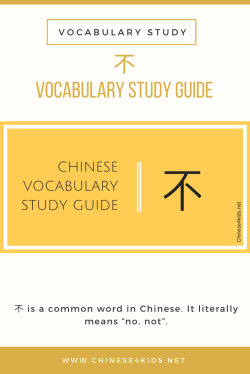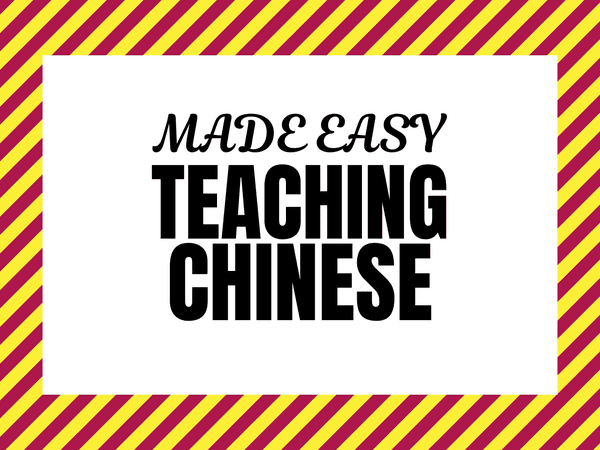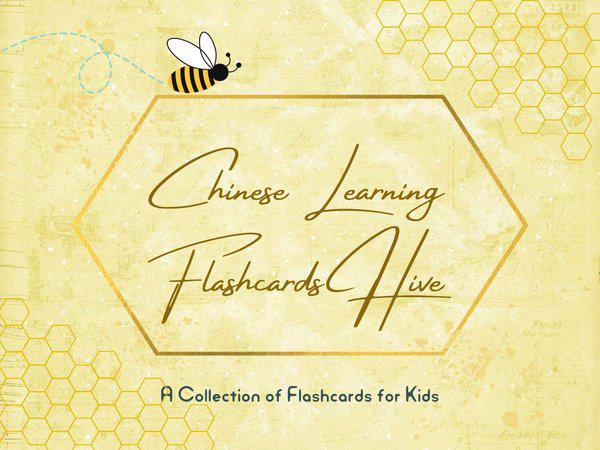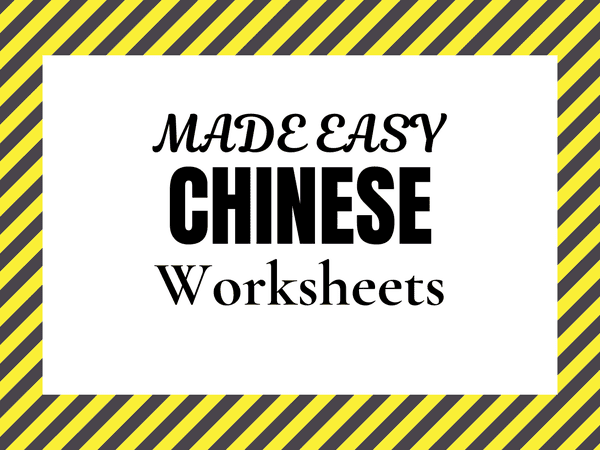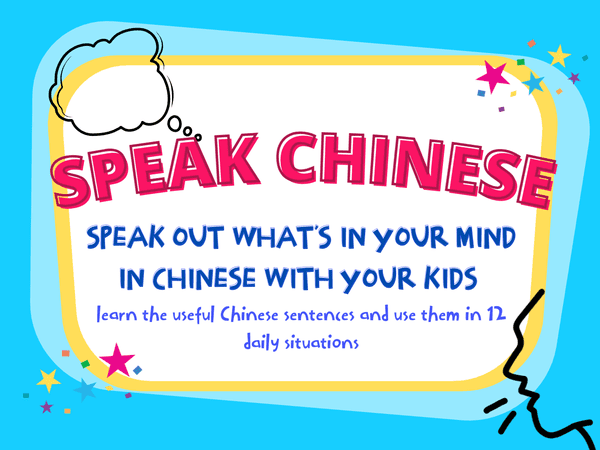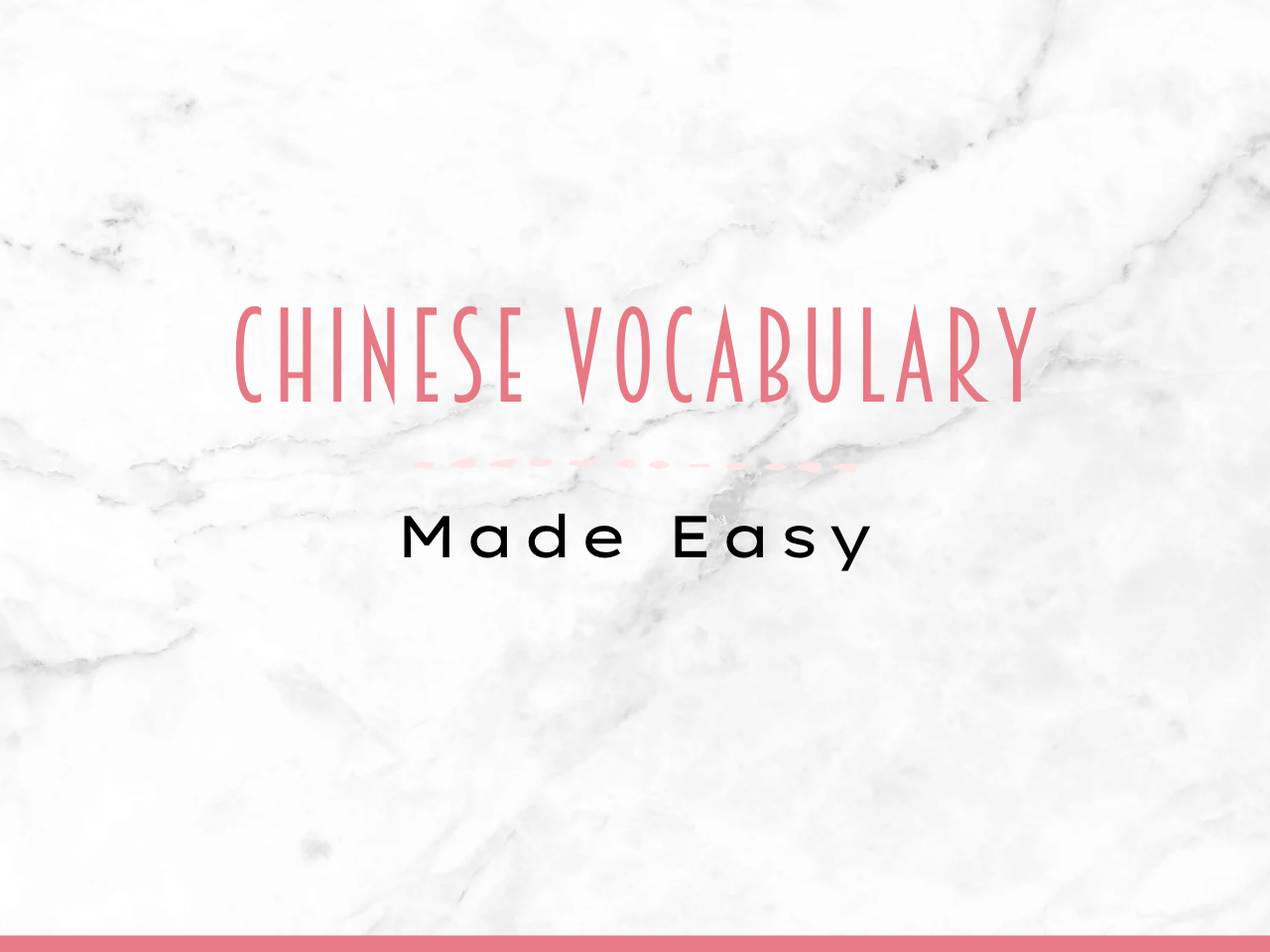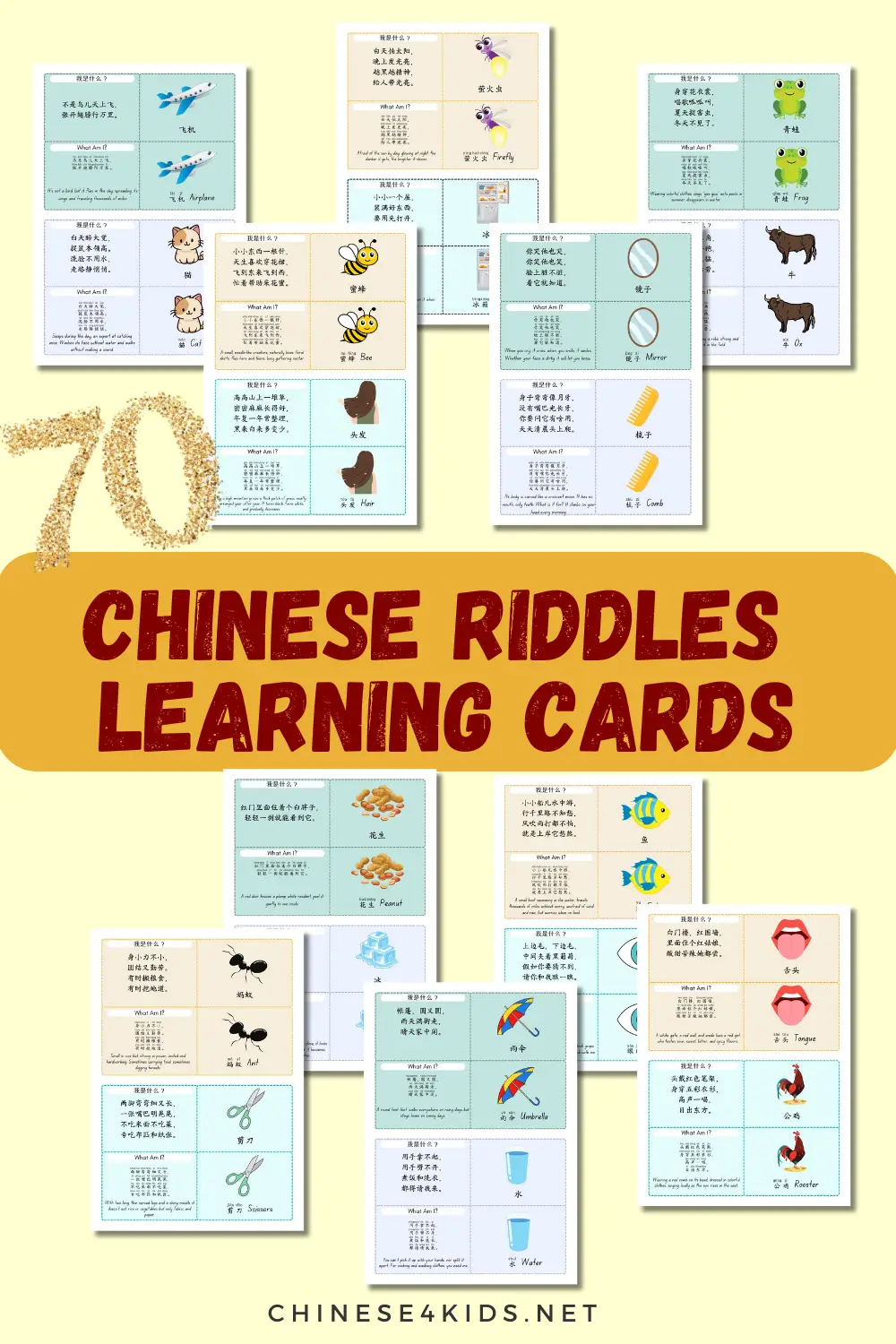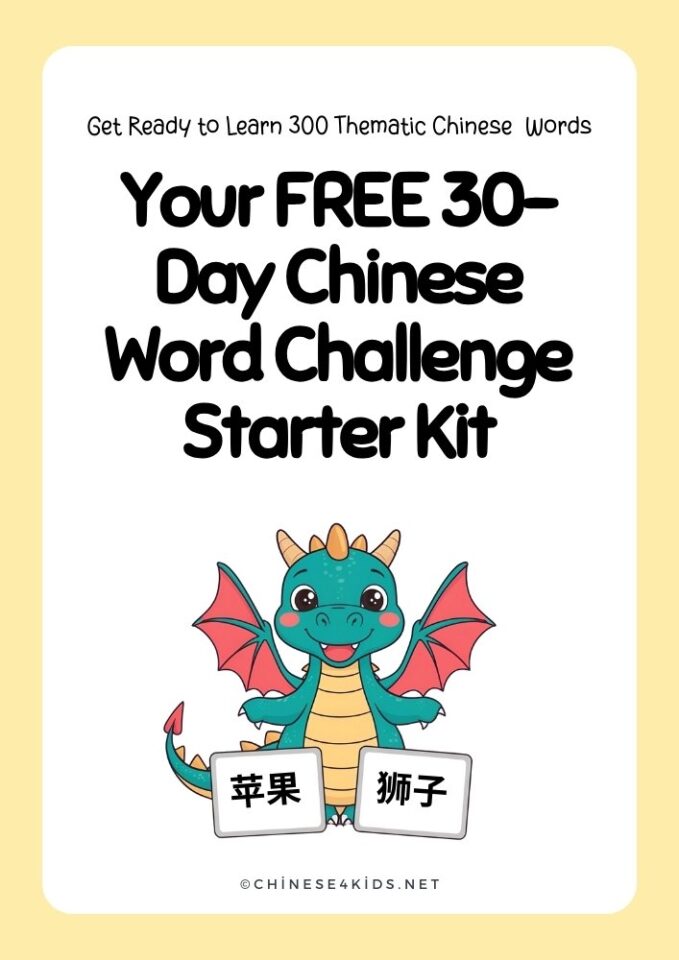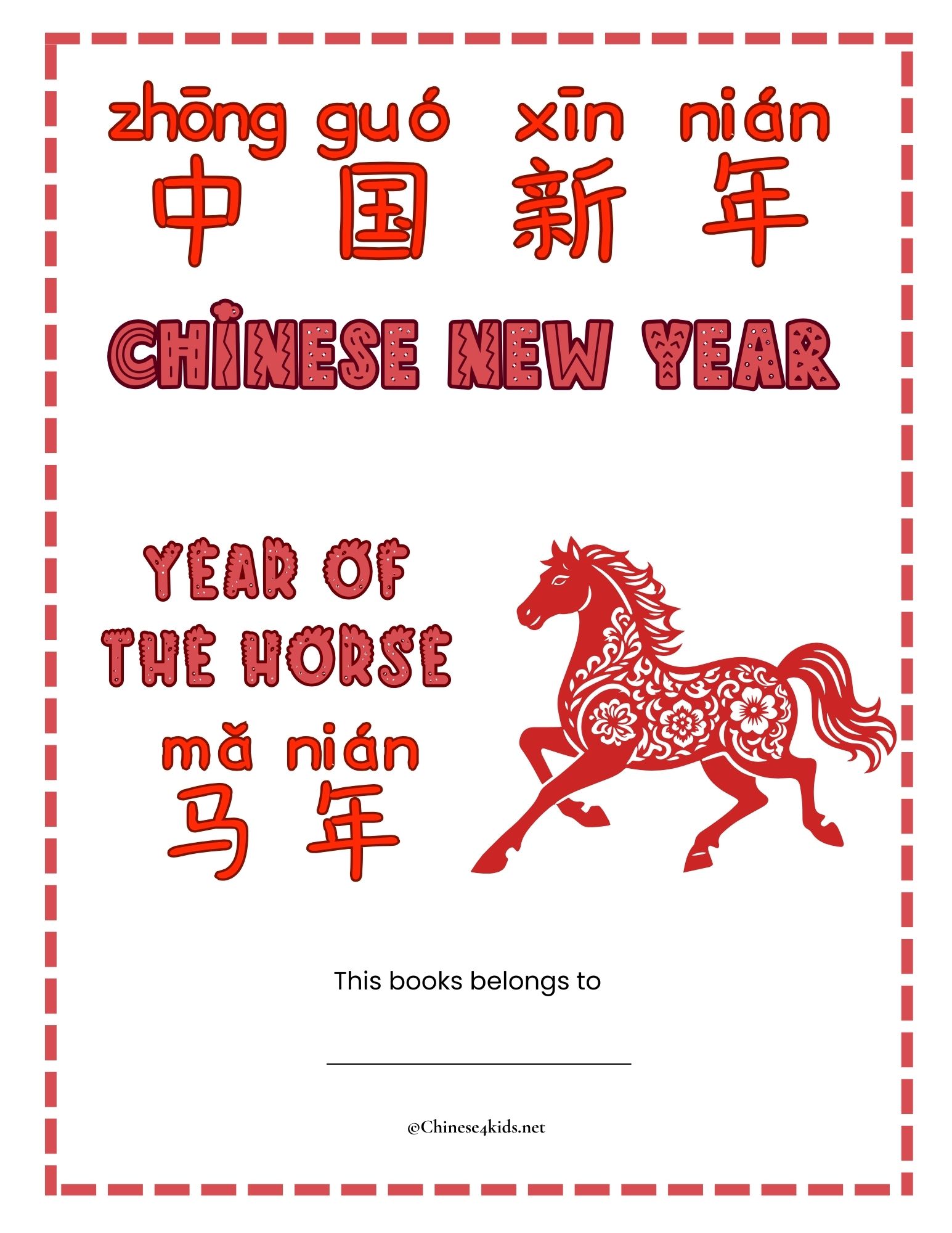
Home » Chinese language practice » Chinese Vocabulary Study Guide – 不
Chinese Vocabulary Study Guide – 不
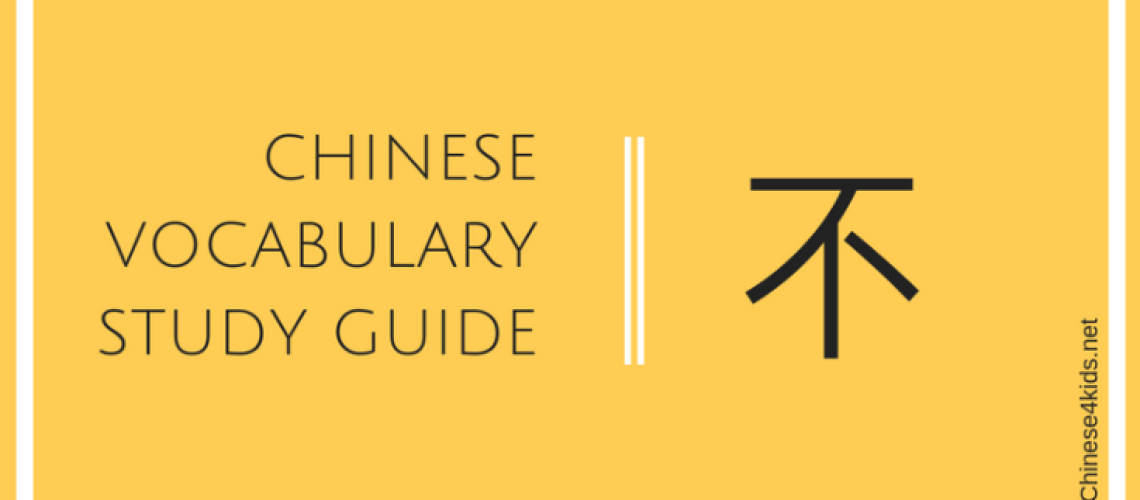
不 (bu) is a common word in Chinese. It literally means “no, not”. In this vocabulary study guide, I would like to list some rules of how to use it in Chinese.
to Negate a VERB
不 is generally used to negate a verb in the present of future tense by simply putting it in front of the verb. For Example,
今天他不想工作。
Jīntiān tā bùxiǎng gōngzuò
He does not want to work today.
The structure is
Subject + 不 + verb + Object
More Examples
他不喜欢猫。
Tā bù xǐhuān māo
He does not like cats.我不要西瓜。
Wǒ búyào xīguā
I don’t want watermelon.他们不是坏孩子。
Tāmen bùshì huài háizi
They are not bad children.
to Negate an Adjective
The way 不 is used to negate an adjective is the same as it is to negate a verb. Simply putting it in front of the adjective makes its meaning opposite. For example,when 不 is added, 好 (good) becomes 不好 (bad).
The structure is
Subject + 不 + Adjective
More Examples
我不累。
Wǒ bú lèi
I am not tired.他不对。
Tā búduì.
He is not right.我们现在不忙。
Wǒmen xiànzài bù máng
We are not busy at the moment.
[Tweet “不 is used in front of a verb or an adjective to negate its meaning. “]
Rules of Tone Change for 不
不 can be pronounced as bù (4th tone) or bú (2nd tone). When should it be pronounced as bù and when as bú? Here are the rules:
– It is pronounced as bù (4th tone) when used along or before the 1st, 2nd & 3rd tone.
For example,
不知道 bù zhīdào
不想 bùxiǎng
不明白 bù míngbái
不懂 bù dǒng
不忙 bù máng
不好 bù hǎo
- It is pronounced as bú (2nd tone) when used before the 4th tone.
For example,
不要 búyào
不对 búduì
不是 búshì
不累 búlèi
不要紧 búyàojǐn
不愿意 búyuànyì
[Tweet “不 is pronounced as bú (2nd tone) when used along or before the 4th tone and as bú (2nd tone) when used along or before the 4th tone. “]
If you like this post, PIN IT!
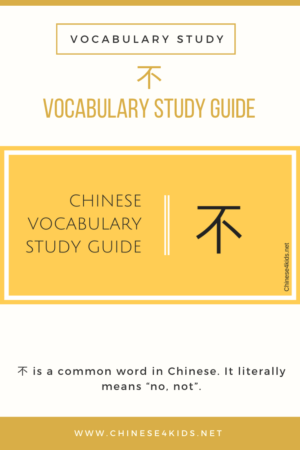
You may find the guide in
CHINESE VOCABULARY STUDY GUIDE BOOK I
You May Also Be Interested:
- Chinese4kids Membership – a portal for busy Chinese teachers and parents
- Chinese learning flashcards Hive – a flashcards library that with regular additions of new quality Chinese learning flashcards
- Chinese learning worksheets collection – Also a part of Chinese4kids membership, this collection is for teachers and parents who want to have access to engaging worksheets and activity sheets created for kids learning Mandarin Chinese as an additional language
- Speak Chinese with Kids Course
You May Also Be Interested:
- Chinese4kids Membership – a portal for busy Chinese teachers and parents
- Chinese learning flashcards Hive – a flashcards library that with regular additions of new quality Chinese learning flashcards
- Chinese learning worksheets collection – Also a part of Chinese4kids membership, this collection is for teachers and parents who want to have access to engaging worksheets and activity sheets created for kids learning Mandarin Chinese as an additional language
- Speak Chinese with Kids Course
- Chinese Vocabulary Made Easy Course
Recent Posts
Join Our Membership
Enroll to A Course
Buy An eBOOK
Our Posts
